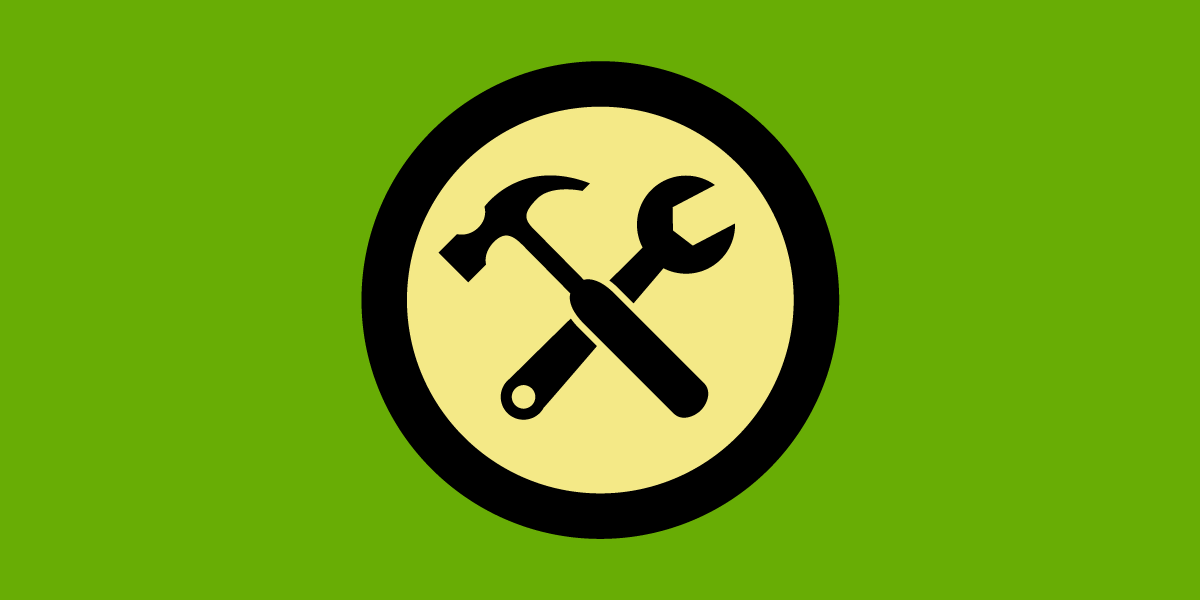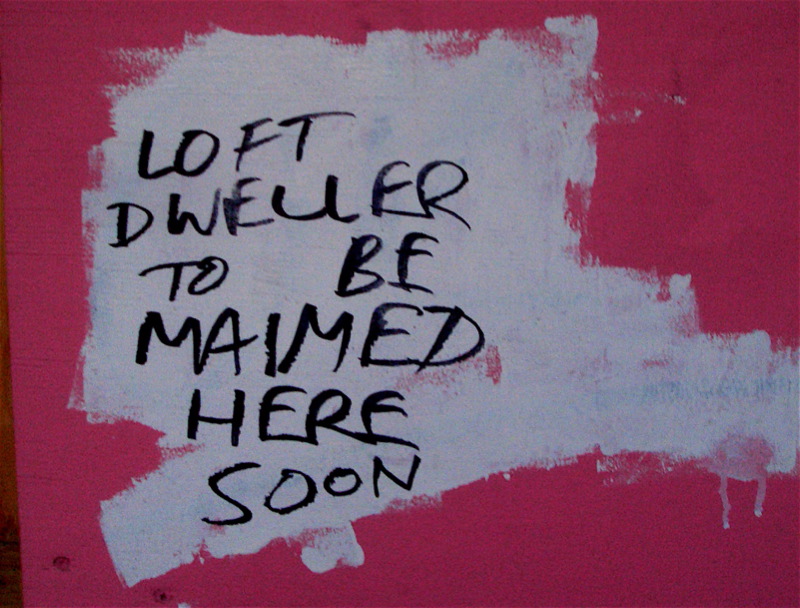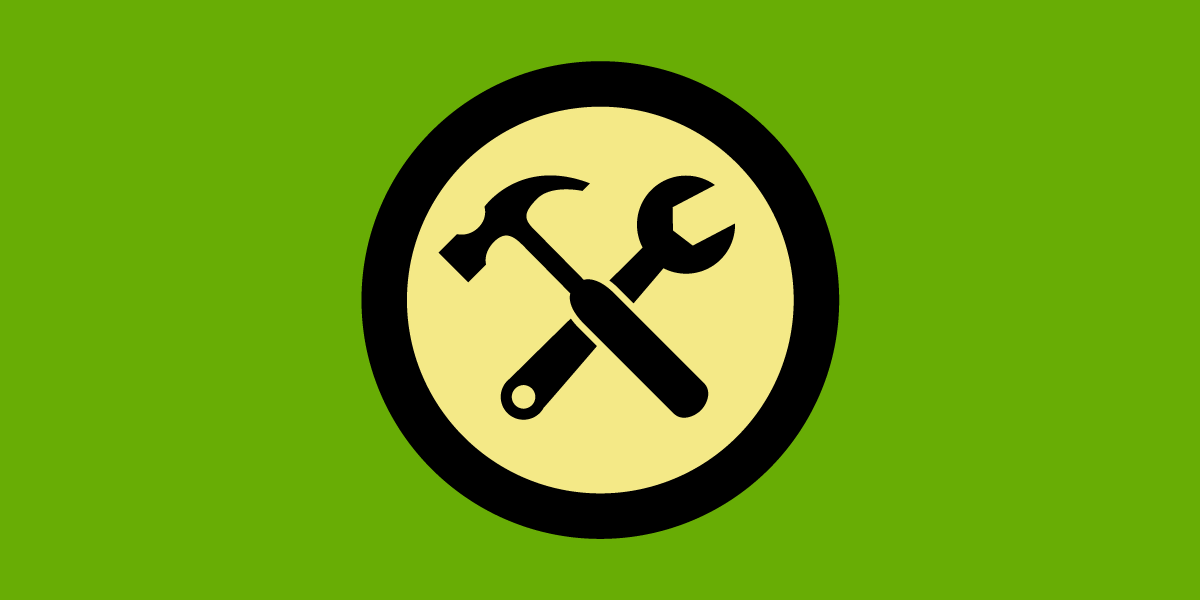
Today's Twitter threads (a Twitter thread).
Inside: Mashing the Bernie meme; Know Nothings, conspiratorialism and Pastel Q; and more!
Archived at: pluralistic.net/2021/01/31/rhy…
#Pluralistic
1/
Inside: Mashing the Bernie meme; Know Nothings, conspiratorialism and Pastel Q; and more!
Archived at: pluralistic.net/2021/01/31/rhy…
#Pluralistic
1/

Mashing the Bernie meme: What if every video game, except Bernie with mittens?
2/
https://twitter.com/doctorow/status/1355940461983088640
2/

Know Nothings, conspiratorialism and Pastel Q: What if it's all a big fat lie?
3/
https://twitter.com/doctorow/status/1355958815112323072
3/

#15yrsago Kerouac curator invents copyright laws to keep photographers away thomashawk.com/2006/01/open-l…
#15yrsago Table of newspaper mentions of of “fair use” and ‘copyright” since 1993 web.archive.org/web/2006090717…
4/
#15yrsago Table of newspaper mentions of of “fair use” and ‘copyright” since 1993 web.archive.org/web/2006090717…
4/

#15yrsago EFF suing AT&T for helping NSA illegally spy on Americans eff.org/cases/nsa-mult…
#15yrsago MPAA puts TSA goon in charge of enforcement web.archive.org/web/2006020903…
#15yrsago Law firm fires clerk for personal opposition to DRM web.archive.org/web/2006020303…
5/
#15yrsago MPAA puts TSA goon in charge of enforcement web.archive.org/web/2006020903…
#15yrsago Law firm fires clerk for personal opposition to DRM web.archive.org/web/2006020303…
5/

#10yrsago Batman: billionaire plutocrat vigilante tor.com/2011/01/31/bat…
#10yrsago Escher/escalator mashup b3ta.com/board/10320990
#10yrsago Senate filibusters explained web.archive.org/web/2011020508…
6/
#10yrsago Escher/escalator mashup b3ta.com/board/10320990
#10yrsago Senate filibusters explained web.archive.org/web/2011020508…
6/

Yesterday's threads: Thinking through Mitch McConnell's plea for comity; Further, on Mitch McConnell and comity; Understanding the aftermath of r/wallstreetbets; and more!
7/
https://twitter.com/doctorow/status/1355589598462676998
7/

My latest novel is Attack Surface, a sequel to my bestselling Little Brother books. @washingtonpost called it "a political cyberthriller, vigorous, bold and savvy about the limits of revolution and resistance."
Get signed books from @darkdel: darkdel.com/store/p1840/Av…
8/
Get signed books from @darkdel: darkdel.com/store/p1840/Av…
8/
My 2020 book "How to Destroy Surveillance Capitalism" is a critique of Big Tech connecting conspiratorial thinking to the rise of tech monopolies and proposing a way to deal with both:
onezero.medium.com/how-to-destroy…
Now, it's available in paperback!
bookshop.org/books/how-to-d…
9/
onezero.medium.com/how-to-destroy…
Now, it's available in paperback!
bookshop.org/books/how-to-d…
9/

My ebooks and audiobooks (from @torbooks, @HoZ_Books, @mcsweeneys, and others) are for sale all over the net, but I sell 'em too, and when you buy 'em from me, I earn twice as much and you get books with no DRM and no license "agreements."
craphound.com/shop/
10/
craphound.com/shop/
10/

Upcoming appearances:
* Launch for the young adult edition of Edward Snowden's memoir PERMANENT RECORD, Feb 9, eventbrite.com/e/edward-snowd…
* Boskone, 58, Feb 12-15, boskone.org
* Keynote, NISO Plus, Feb 22-25, niso.plus/cory-doctorow-…
11/
* Launch for the young adult edition of Edward Snowden's memoir PERMANENT RECORD, Feb 9, eventbrite.com/e/edward-snowd…
* Boskone, 58, Feb 12-15, boskone.org
* Keynote, NISO Plus, Feb 22-25, niso.plus/cory-doctorow-…
11/

Recent appearances:
* Monocle Reads monocle.com/radio/shows/me…
* Hedging Bets on the Future (Motherboard Cyber):
play.acast.com/s/cyber/hedgin…
* Applying the Pandemic Mindset to Climate Change:
hbr.org/podcast/2020/1…
12/
* Monocle Reads monocle.com/radio/shows/me…
* Hedging Bets on the Future (Motherboard Cyber):
play.acast.com/s/cyber/hedgin…
* Applying the Pandemic Mindset to Climate Change:
hbr.org/podcast/2020/1…
12/

My first picture book is out! It's called Poesy the Monster Slayer and it's an epic tale of bedtime-refusal, toy-hacking and monster-hunting, illustrated by Matt Rockefeller. It's the monster book I dreamt of reading to my own daughter.
pluralistic.net/2020/07/14/poe…
13/
pluralistic.net/2020/07/14/poe…
13/

You can also follow these posts as a daily blog at pluralistic.net: no ads, trackers, or data-collection!
Here's today's edition: pluralistic.net/2021/01/31/rhy…
14/
Here's today's edition: pluralistic.net/2021/01/31/rhy…
14/
If you prefer a newsletter, subscribe to the plura-list, which is also ad- and tracker-free, and is utterly unadorned save a single daily emoji. Today's is "👽". Suggestions solicited for future emojis!
Subscribe here: pluralistic.net/plura-list
15/
Subscribe here: pluralistic.net/plura-list
15/
Are you trying to wean yourself off Big Tech? Follow these threads on the #fediverse at @pluralistic@mamot.fr.
Here's today's edition: mamot.fr/@pluralistic/1…
16/
Here's today's edition: mamot.fr/@pluralistic/1…
16/
• • •
Missing some Tweet in this thread? You can try to
force a refresh













